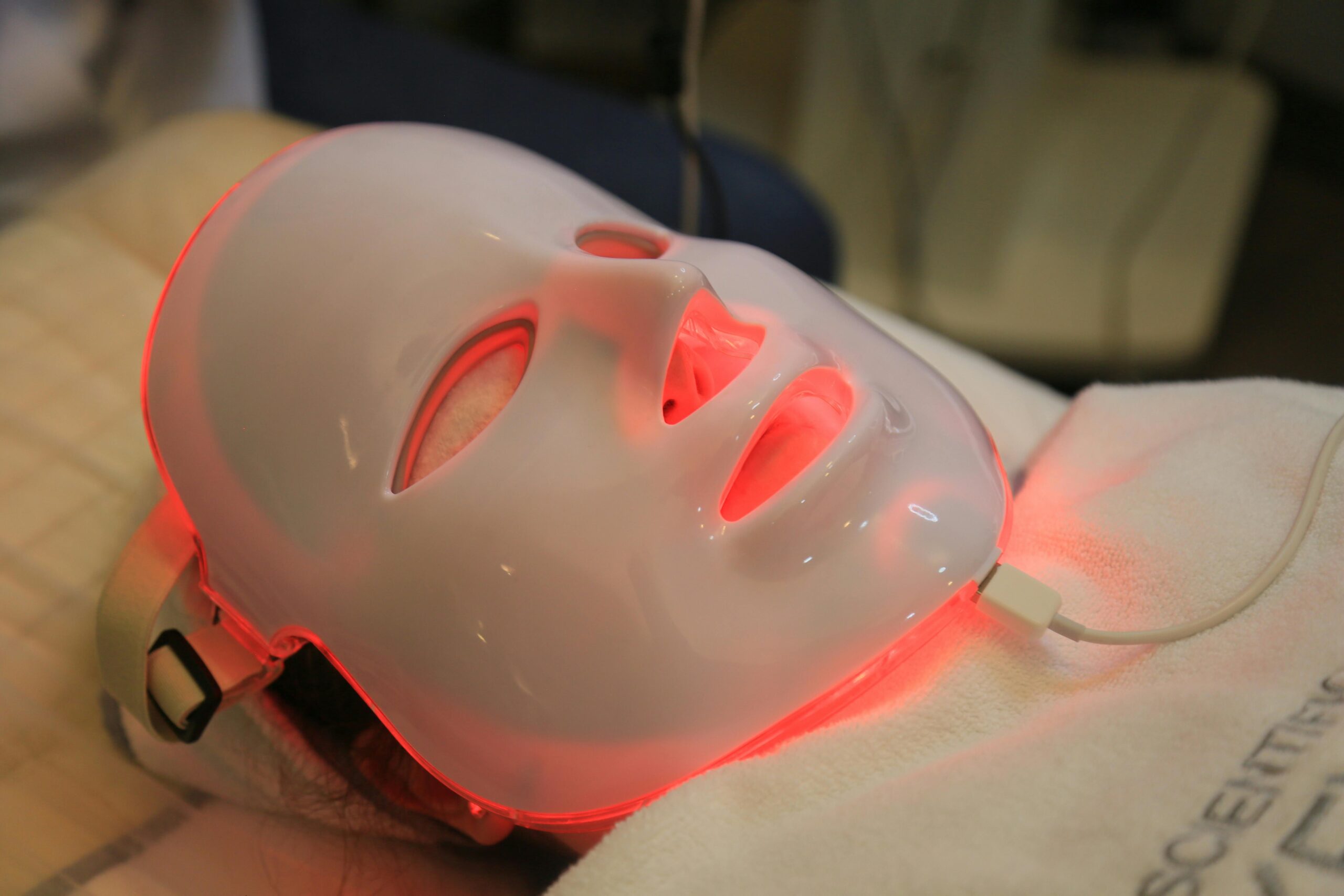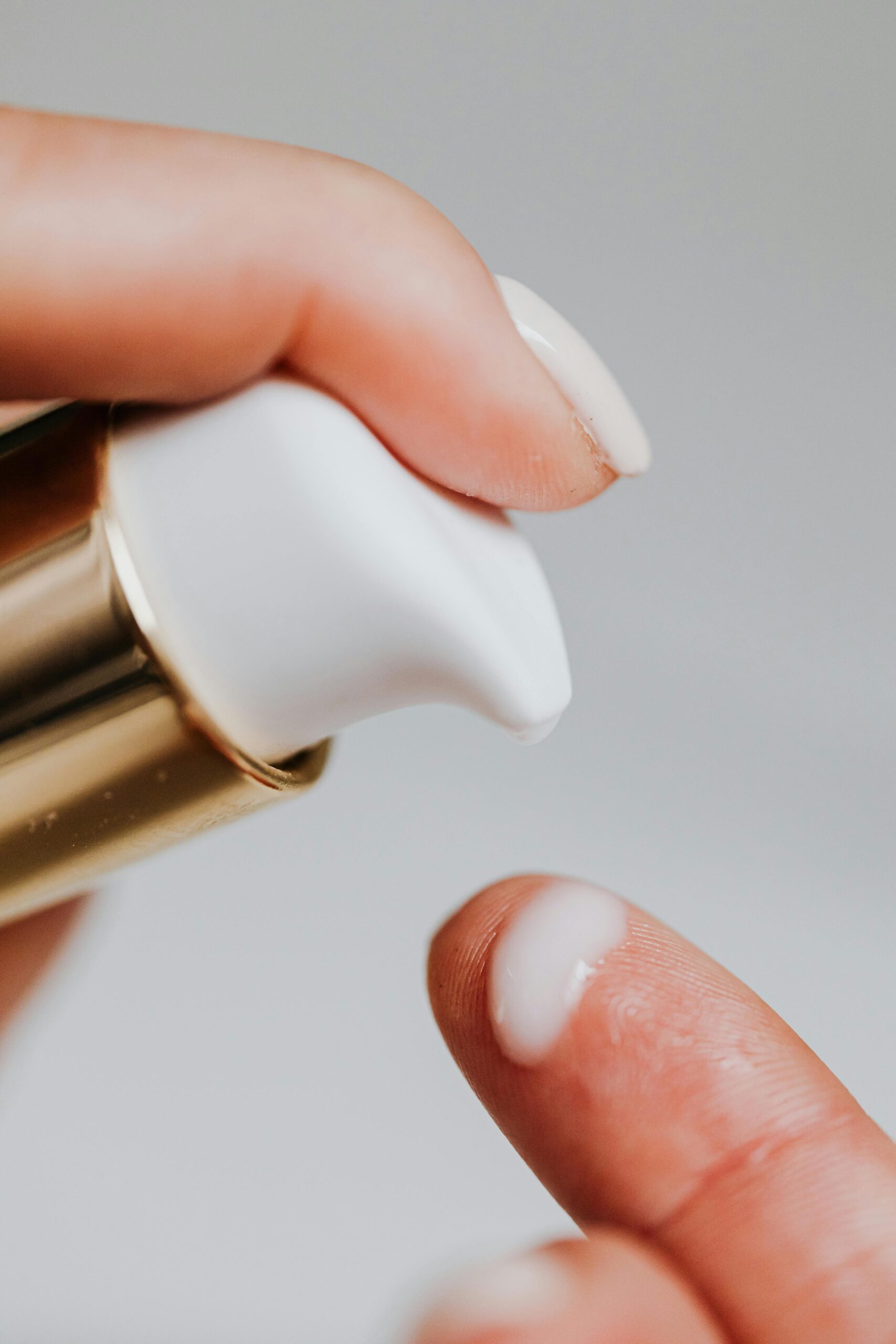Navigating the world of skincare can often feel like solving a complex puzzle with misinformation at every turn. Here, we debunk common myths and infuse each clarification with scientific facts, helping you make informed decisions about your skincare routine.
1. Myth: The higher the SPF, the better
Truth: SPF protection doesn’t increase proportionally with the SPF number. SPF 30 blocks about 97% of UVB rays, and SPF 50 increases to about 98%. No sunscreen can block all UVB rays.
Scientific Fact: SPF, or Sun Protection Factor, measures how long a sunscreen will protect you from ultraviolet B (UVB) rays, responsible for sunburn and contributing to skin cancer. Beyond SPF 50, the increase in UV protection is minimal.
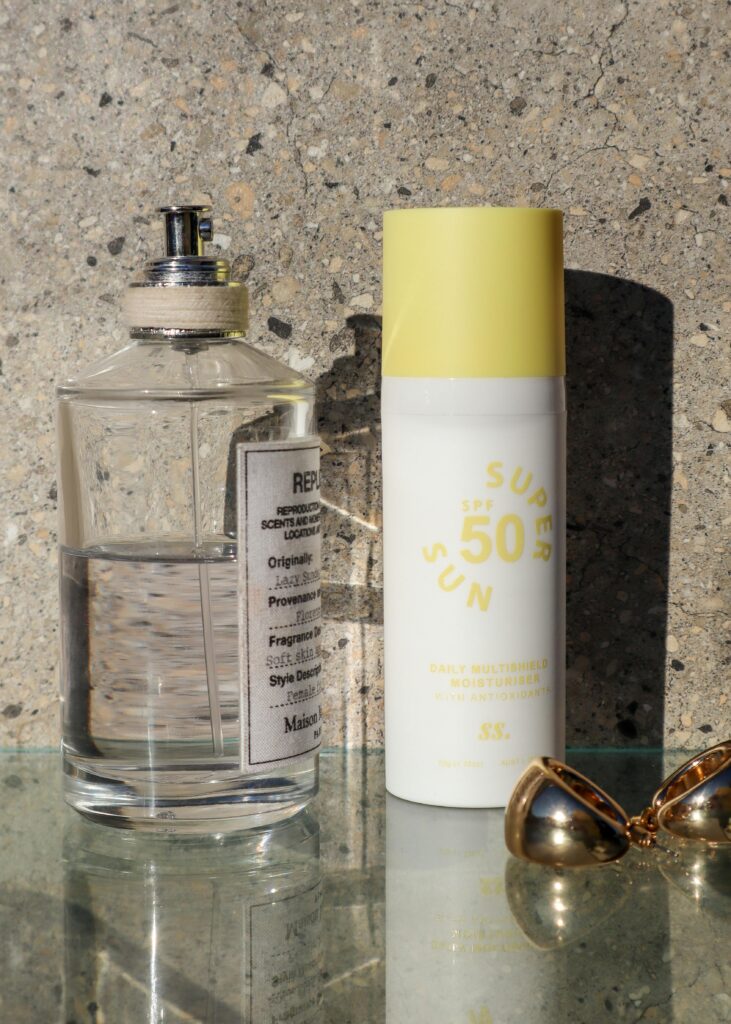
2. Myth: No need for sunscreen on a cloudy day
Truth: Up to 80% of UV rays can penetrate clouds, making sunscreen necessary even on overcast days. Scientific Fact: UV radiation can be reflected off surfaces like water, cement, sand, and snow, which can increase exposure even without direct sunlight.
3. Myth: Expensive products work best
Truth: The effectiveness of skincare products depends on the formulation and skin compatibility, not price.
Scientific Fact: Studies indicate that many active ingredients found in high-end products are also available in more affordable options. Price often reflects brand marketing and packaging rather than ingredient quality.
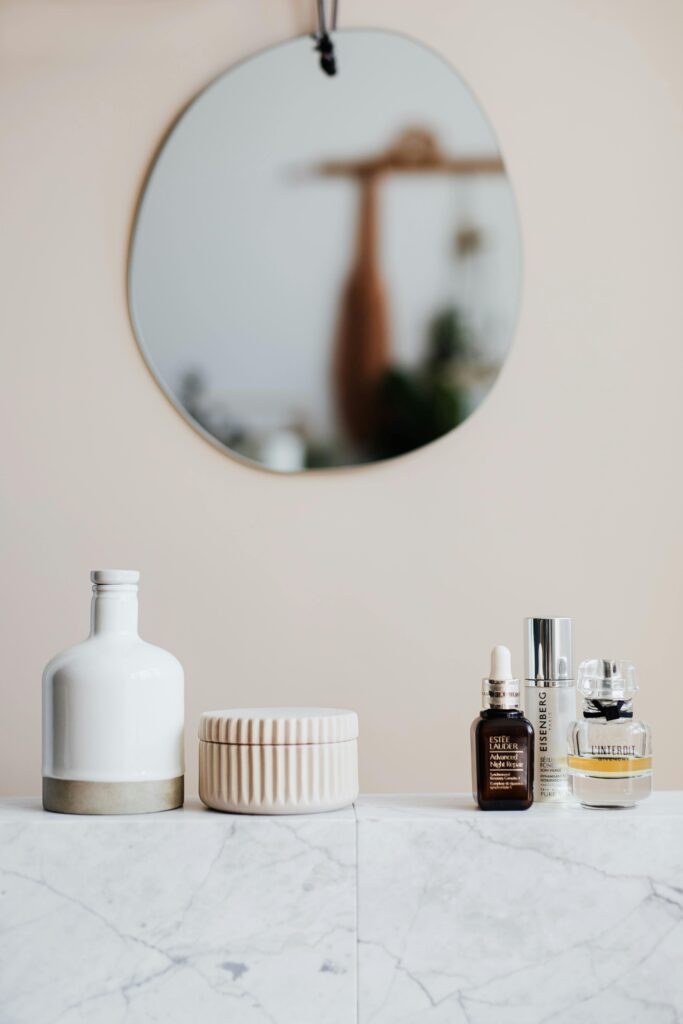
4. Myth: Scrubbing your face with soap keeps it clean and clear
Truth: Over-scrubbing can strip the skin of essential oils and lead to irritation. Scientific Fact: The skin’s barrier function is critical for maintaining hydration and protecting against pathogens. Disrupting this barrier through harsh cleansing can increase susceptibility to irritation and infection.
5. Myth: Popping pimples helps them go away faster
Truth: Popping pimples can cause inflammation and scarring. Scientific Fact: When you pop a pimple, you risk pushing bacteria deeper into the skin, which can spread the infection to surrounding tissues, worsening the problem.

6. Myth: Using more of a product boosts its effects
Truth: Using more product than recommended can irritate and waste product. Scientific Fact: Topical skin products are designed to work at specific dosages. Over-application can lead to diminished results and potential chemical irritation.
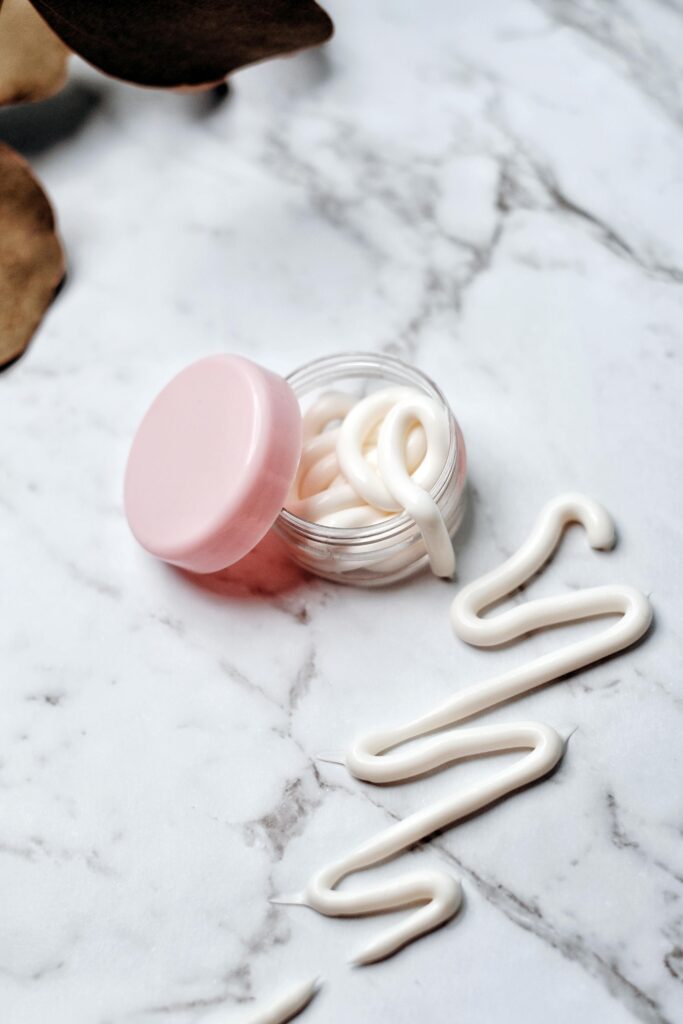
7. Myth: Natural or organic products are always better
Truth: Natural ingredients can also be harsh or irritating. The effectiveness and safety of a product are based on its overall formulation. Scientific Fact: Poison ivy is natural but obviously harmful to the skin. “Natural” doesn’t equate to “safe” or “better.”
8. Myth: Your skin can get immune to products over time
Truth: Your skin does not become immune, but the visible improvements may plateau as your skin condition stabilizes. Scientific Fact: Skincare products influence the skin cells’ behavior, which may adapt to new conditions over time, reflecting less dramatic changes but not immunity.
9. Myth: Oily skin doesn’t need moisturizer
Truth: Oily skin needs hydration to prevent overproduction of oil as a response to dryness. Scientific Fact: Hydrating ingredients like hyaluronic acid can help regulate sebum production by maintaining skin hydration levels.
10. Myth: Toothpaste is a good treatment for pimples
Truth: Toothpaste can irritate the skin and cause redness or peeling. Scientific Fact: Toothpaste ingredients like hydrogen peroxide, alcohol, and baking soda can dry out the skin but are too harsh for acne treatment, potentially leading to more severe skin issues.
11. Myth: Drinking lots of water will keep your skin from aging
Truth: While staying hydrated is crucial for overall health, it alone does not prevent skin aging. Scientific Fact: Skin aging is influenced more significantly by factors such as genetics, environmental exposures, and skin care practices than by hydration alone.
12. Myth: Skincare products should give instant results
Truth: Most effective skincare products require consistent use over time to achieve noticeable results. Scientific Fact: Cellular turnover in adults occurs approximately every 28 days, meaning that many skincare products need at least this time to show potential benefits.
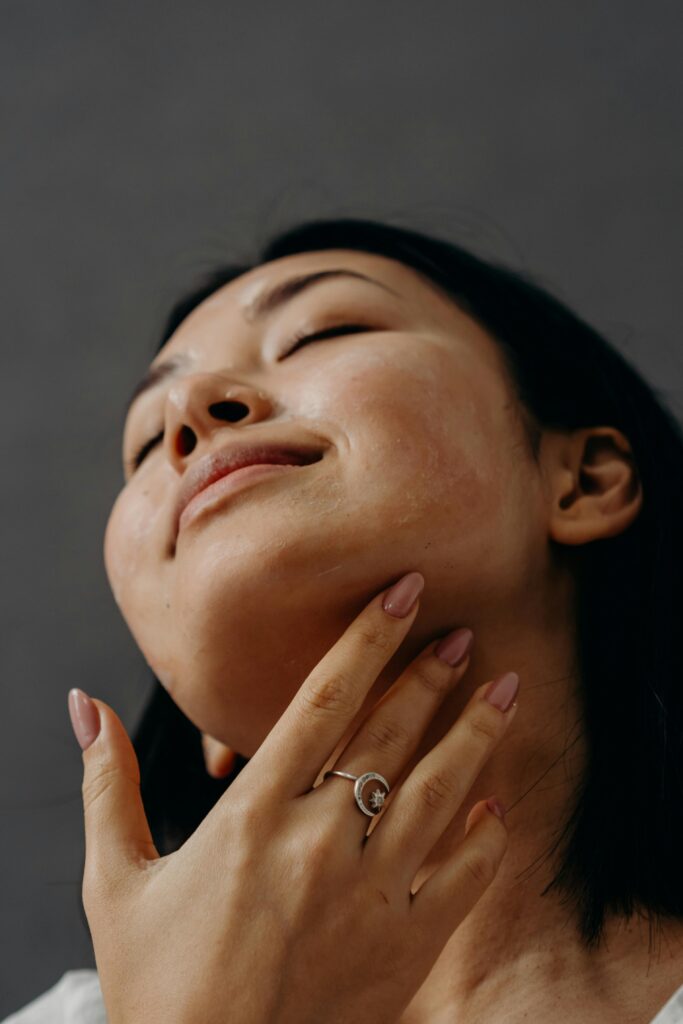
13. Myth: Makeup causes acne
Truth: Properly formulated non-comedogenic makeup does not cause acne; poor removal of makeup does. Scientific Fact: Non-comedogenic products are specifically formulated to not clog pores, which is the primary cause of acne.
14. Myth: You don’t need a separate eye cream
Truth: The skin around the eyes is thinner and requires specially formulated products to address unique issues such as puffiness and dark circles. Scientific Fact: Eye creams are typically lighter and may contain ingredients that target issues like fluid buildup and discoloration more effectively than general moisturizers.
15. Myth: All alcohols in skincare are bad
Truth: Fatty alcohols like cetyl, stearyl, and cetearyl alcohol are beneficial for the skin, unlike drying alcohols such as denatured alcohol. Scientific Fact: Fatty alcohols help to stabilize emulsions and maintain skin moisture, providing hydration and improving texture.
16. Myth: DIY skincare is always a safe and effective alternative
Truth: DIY skincare lacks the controlled, sterile conditions of lab formulations, which can lead to issues with pH, contamination, and preservation. Scientific Fact: Improperly balanced homemade skincare can lead to skin irritations or infections due to bacterial growth and inadequate preservative systems.
17. Myth: You only need anti-aging products in your 40s
Truth: Starting anti-aging skincare in your 20s or 30s can significantly impact the visible effects of aging due to preventative care. Scientific Fact: Preventative skincare practices can mitigate the breakdown of collagen and elastin, key components in maintaining youthful skin structure.
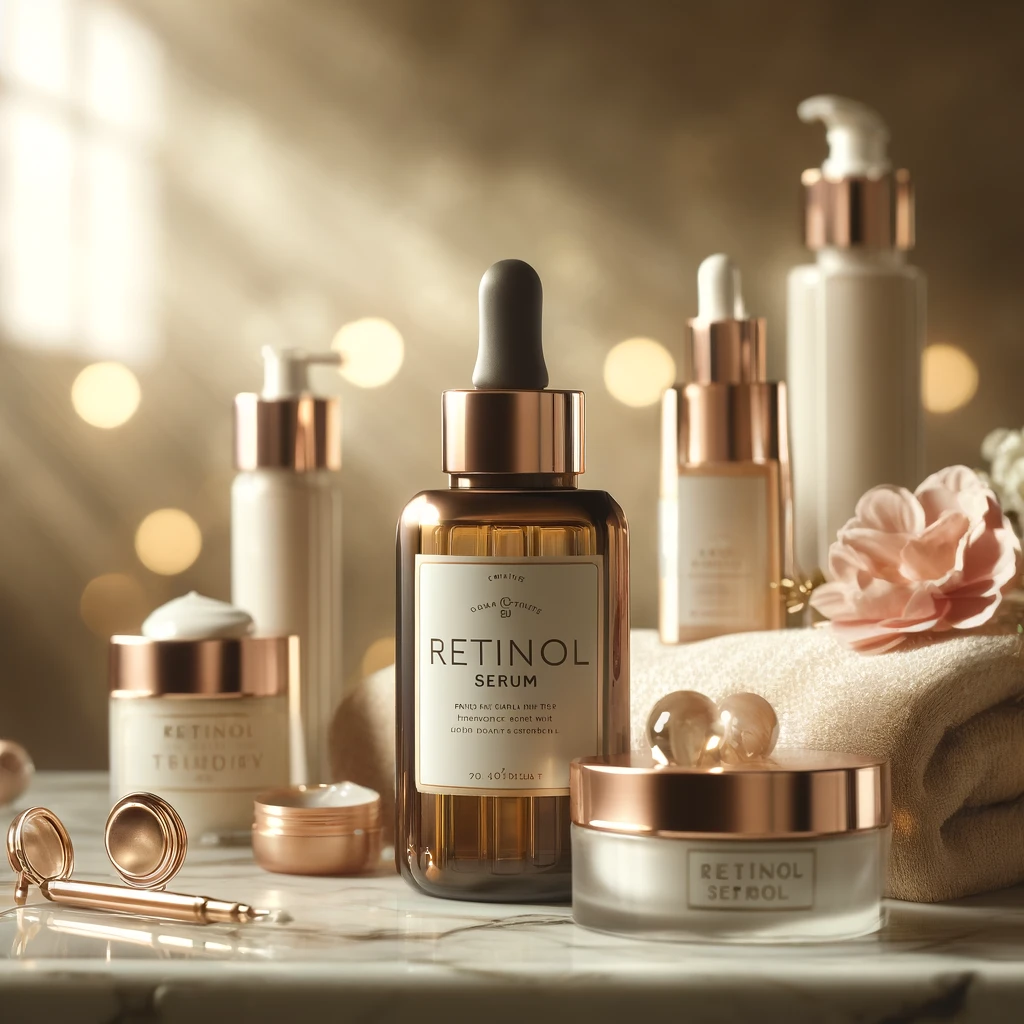
18. Myth: Thicker creams hydrate better
Truth: Effective hydration depends more on the ingredients than the thickness of the cream. Scientific Fact: Ingredients like glycerin, hyaluronic acid, and ceramides are key for hydration and can be present in both light and thick formulations.
19. Myth: Detoxing your skin is necessary for clarity
Truth: The skin has natural mechanisms for detoxification and does not require special detox products. Scientific Fact: The liver and kidneys are primarily responsible for detoxifying the body; the skin’s role in detoxification is minimal.
20. Myth: Facial exercises prevent wrinkles
Truth: There is minimal scientific support for facial exercises preventing wrinkles; they might even cause fine lines through repeated facial expressions. Scientific Fact: Regular facial movements can break down collagen and elastin over time, potentially leading to wrinkles rather than preventing them.
21. Myth: Men don’t need different skincare products
Truth: Men’s skin often differs from women’s in texture, oil production, and pore size, requiring tailored skincare solutions. Scientific Fact: Men’s skin typically produces more sebum and has a higher collagen density, which influences how it ages and reacts to environmental factors.
With these myths debunked and backed by scientific insights, you’re now equipped to handle your skincare routine with knowledge and confidence. Understanding the real science behind skincare allows for more effective and targeted care, ensuring that you not only look your best but truly nurture your skin’s health over the long term.


